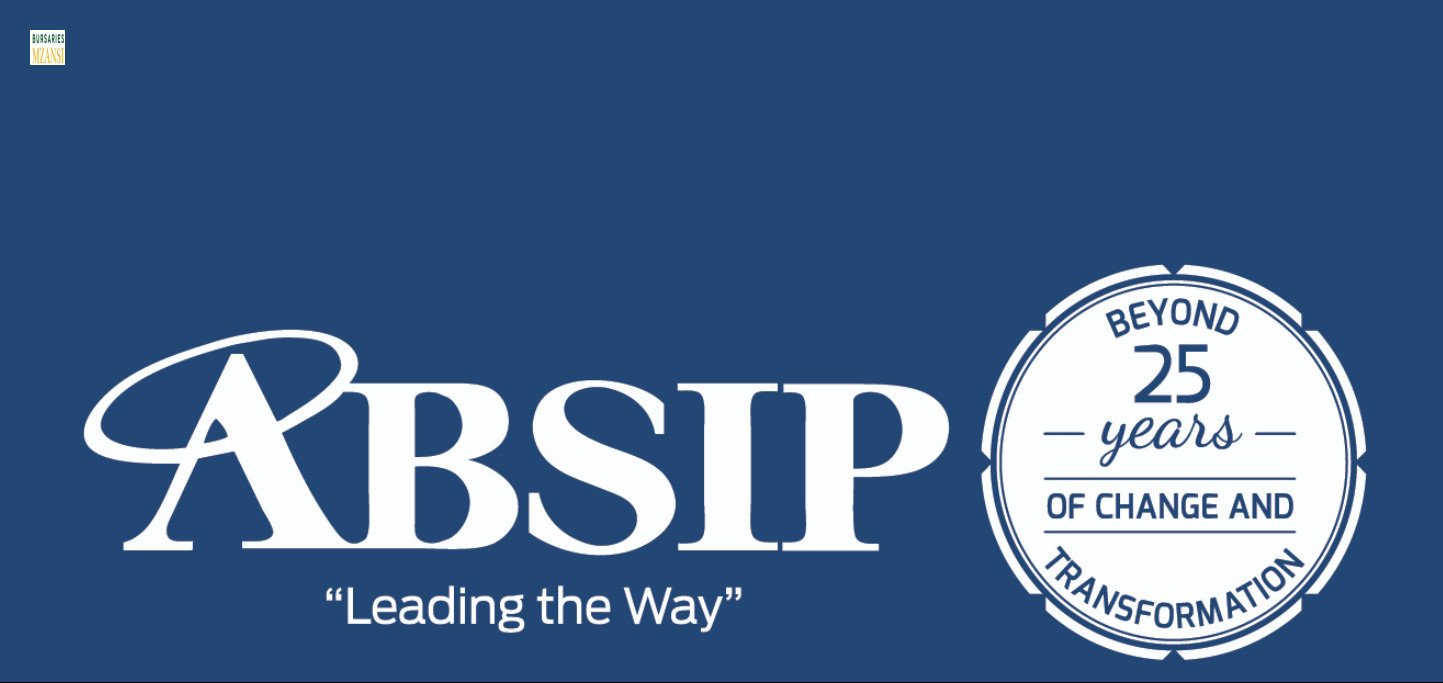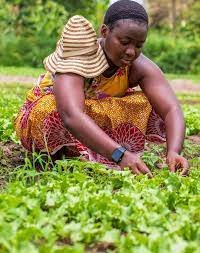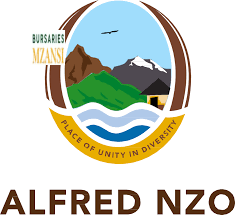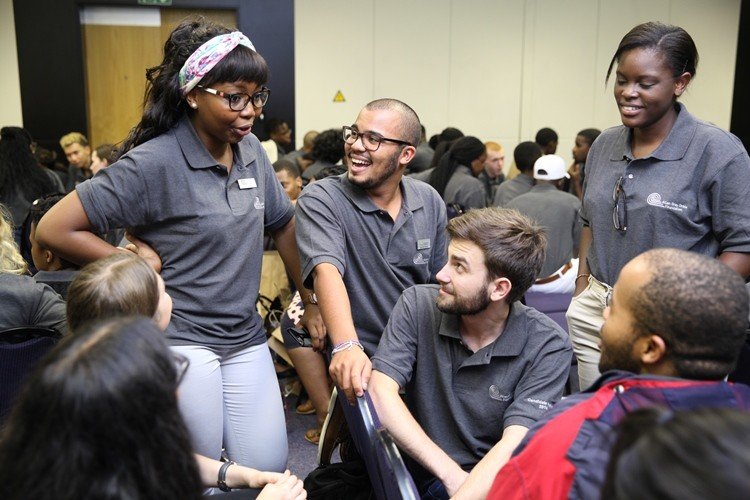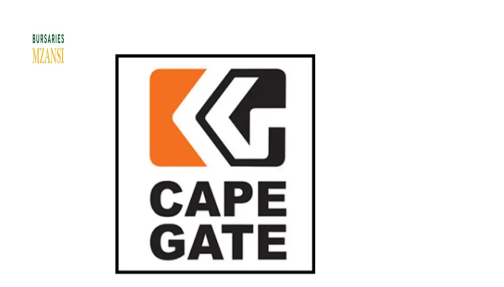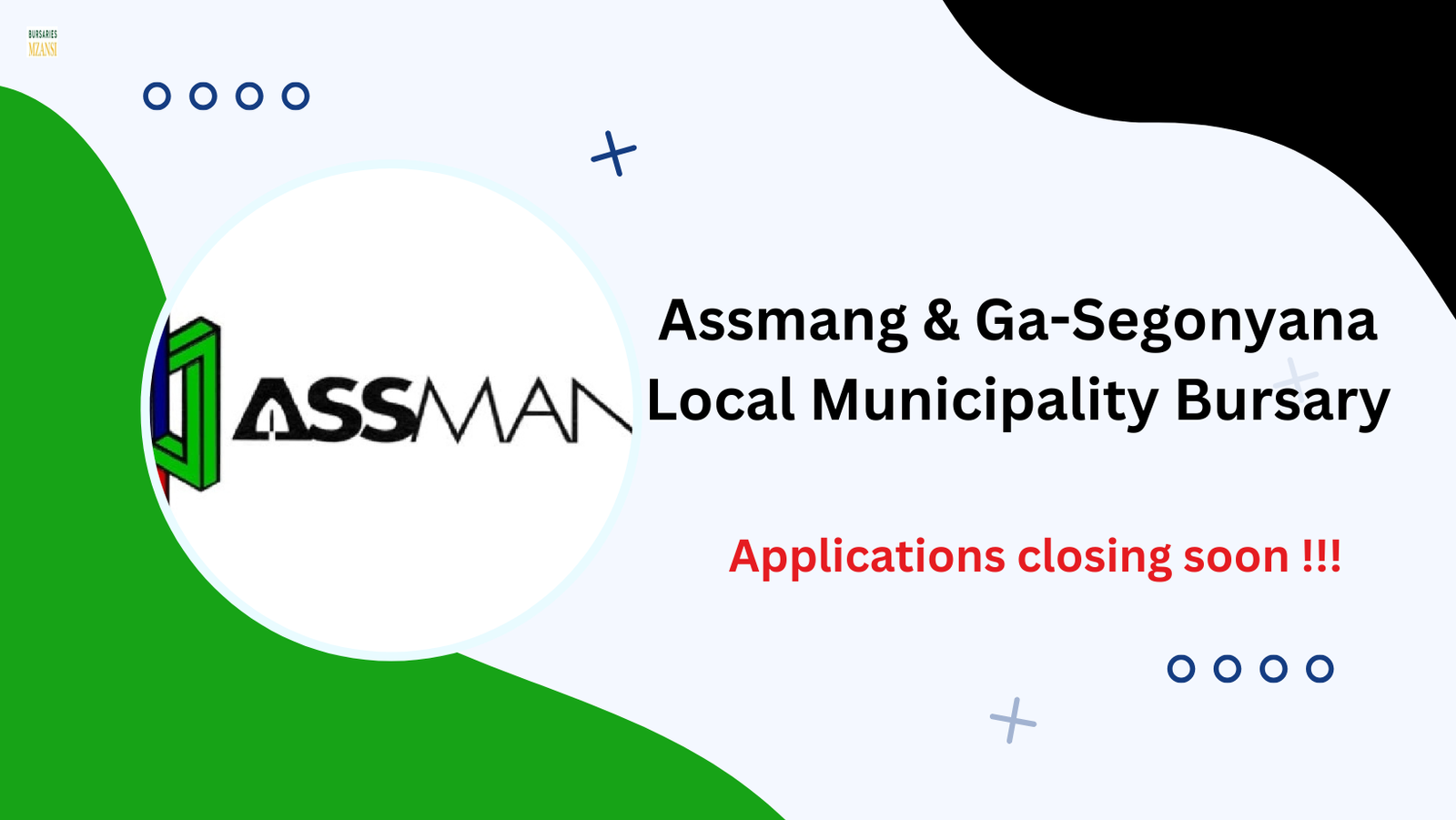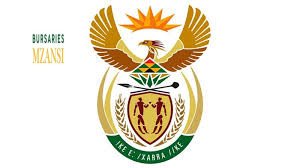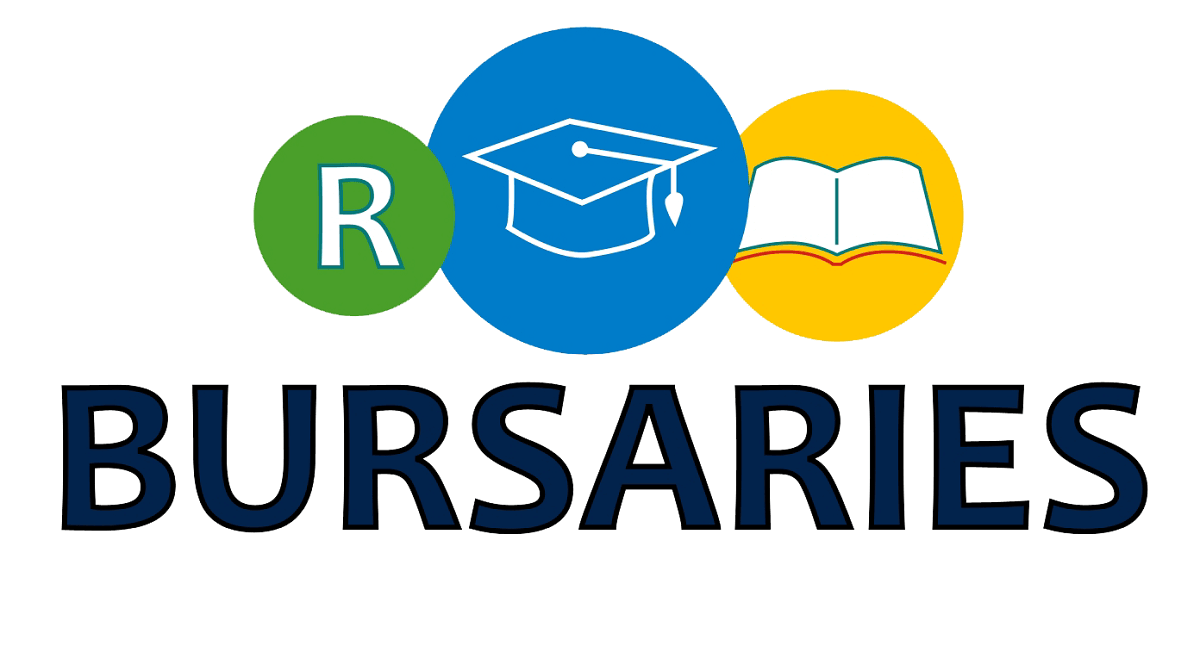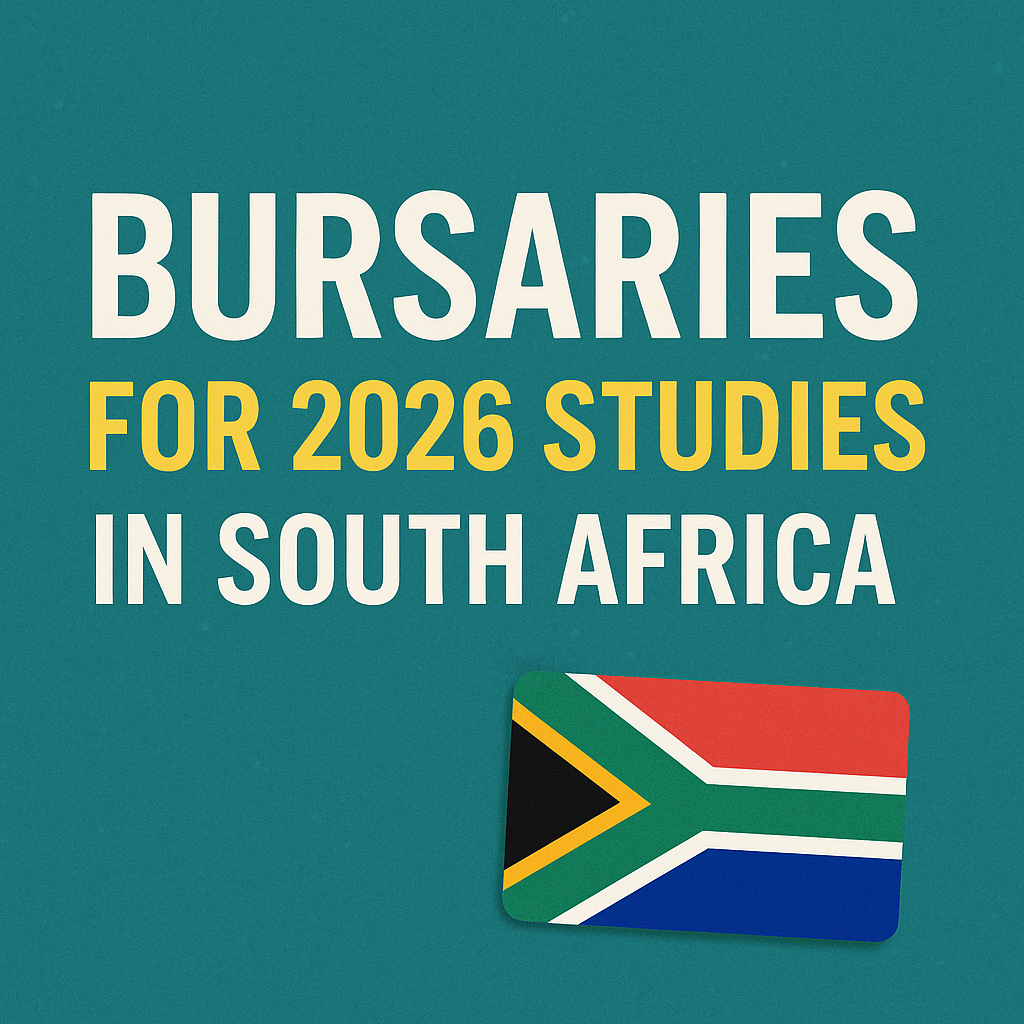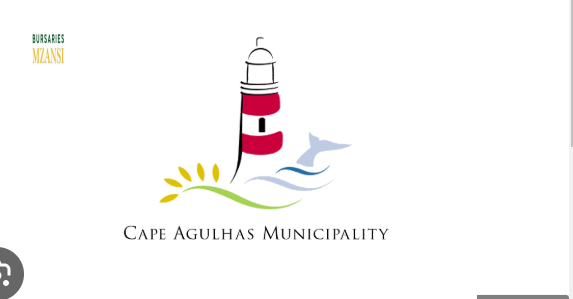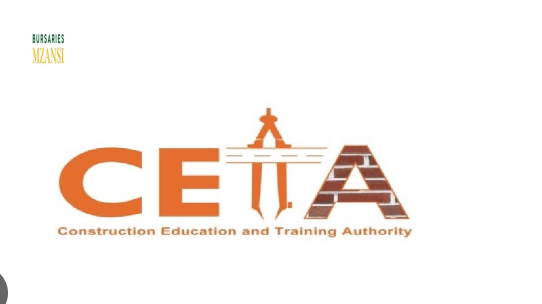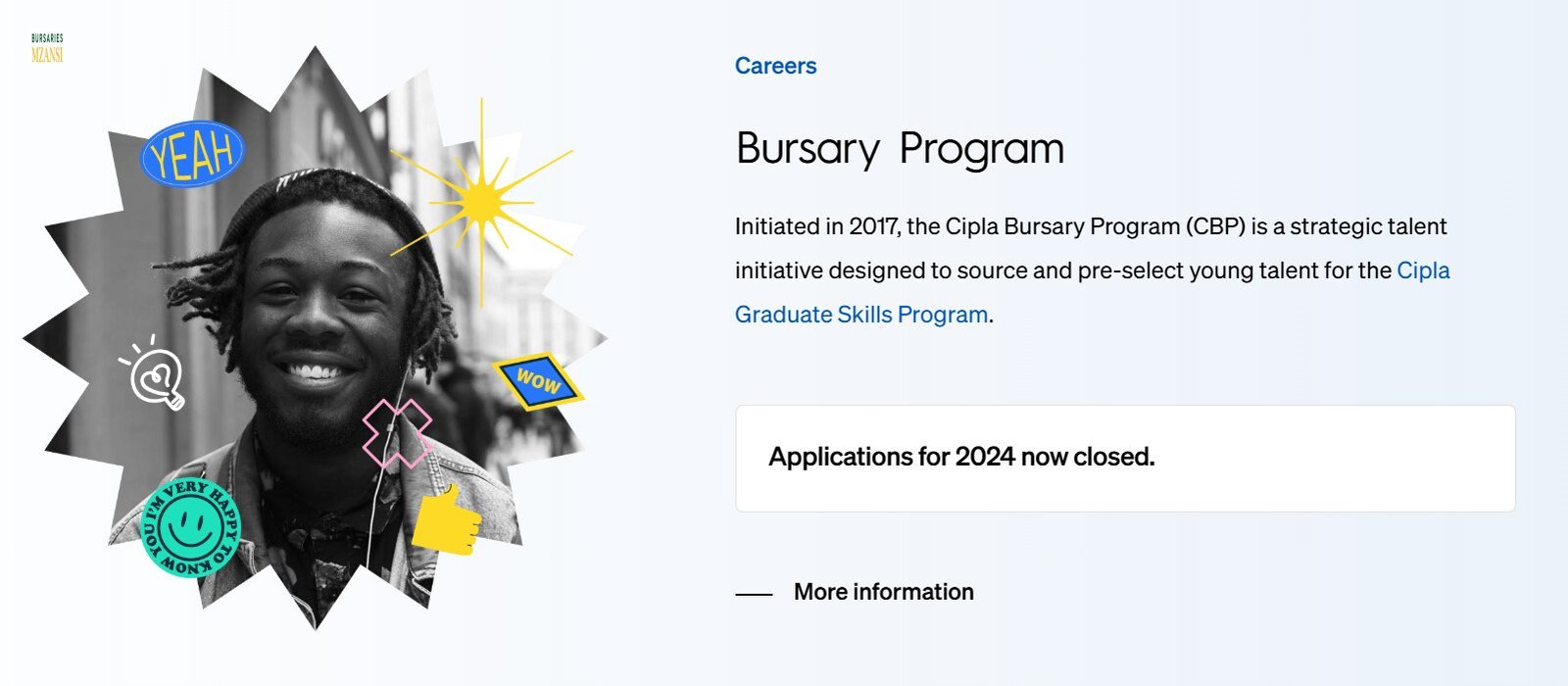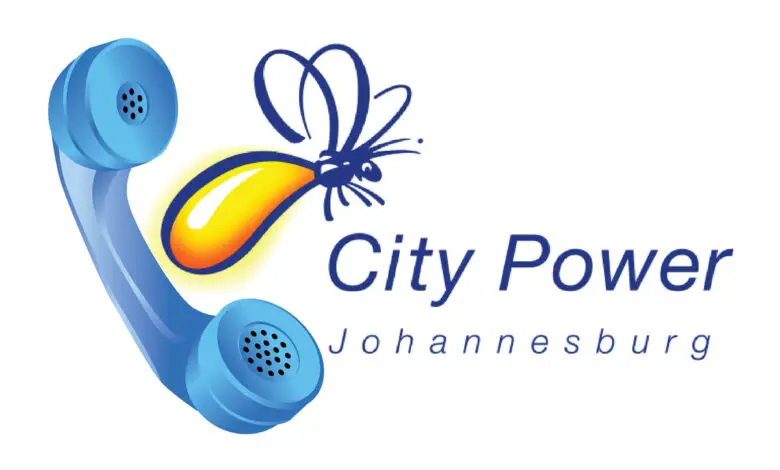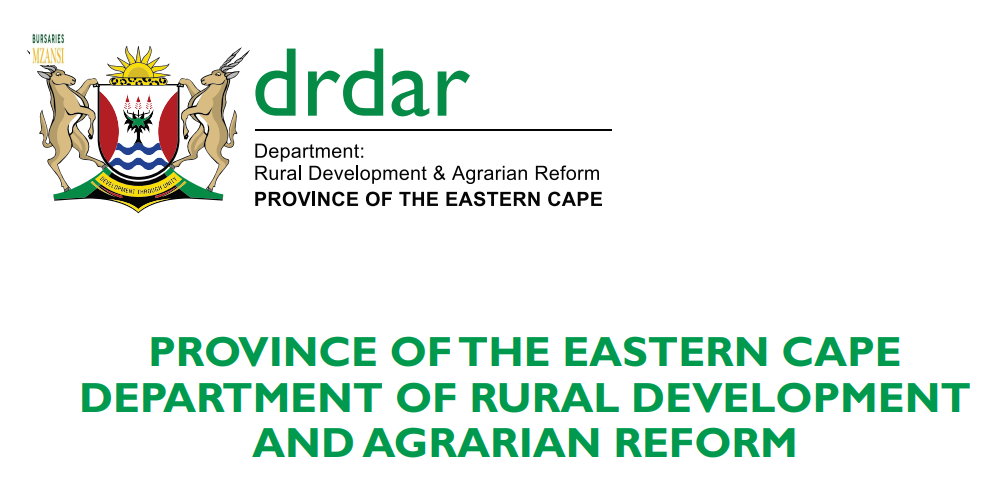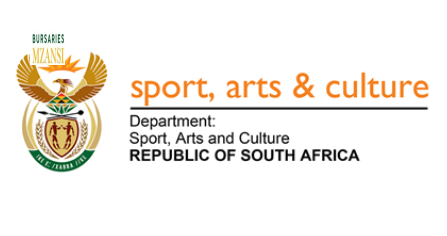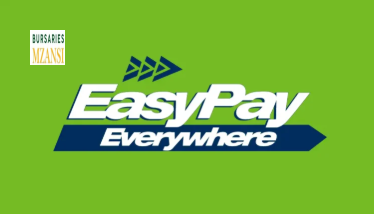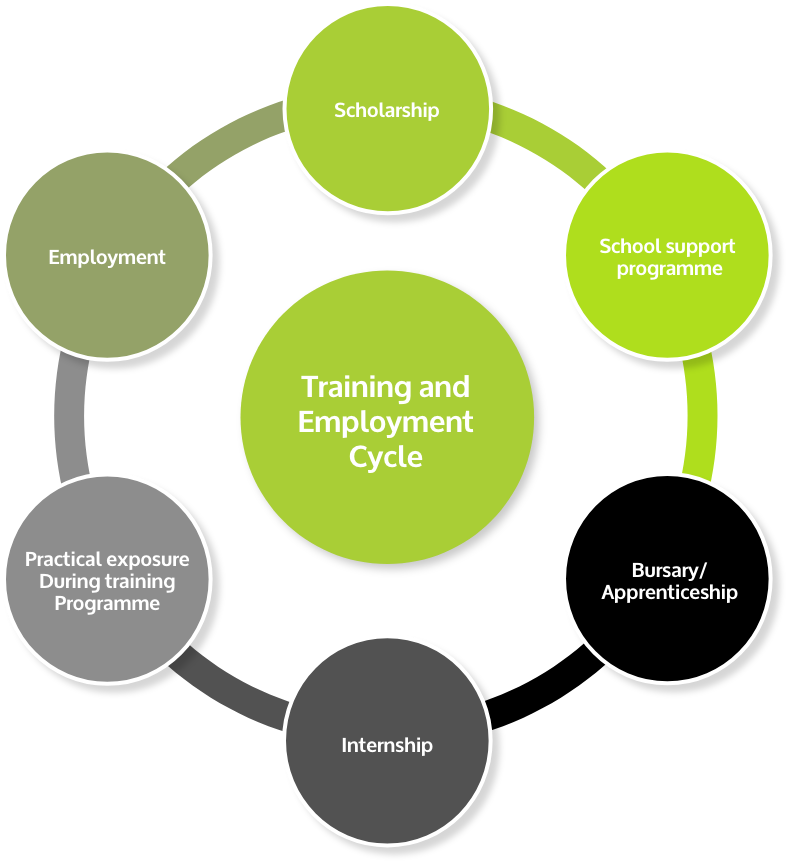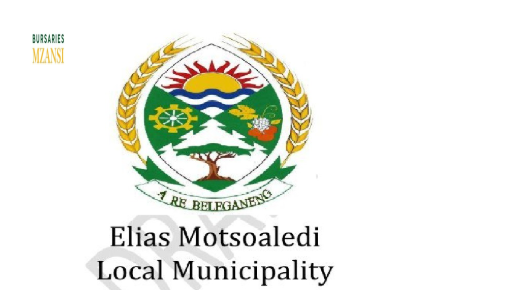If you’re searching for bursaries and scholarships in South Africa, you’ll notice that many follow the same application timelines. For example, most bursaries close around August to September each year, especially for the following academic year. But here’s the thing: not all bursaries stick to these common deadlines. Some bursaries and scholarships open at different times of the year, with unique or rolling deadlines.
Missing these deadlines could mean missing out on life-changing funding opportunities. The good news is that if you stay informed and plan ahead, you can still grab these opportunities even when most bursaries are closed.
In this article, we’ll explore bursaries and scholarships in South Africa that have unique deadlines, how to prepare for them, and where to find reliable updates. If you’re serious about funding your education, this guide will help you stay one step ahead.
Why Some Bursaries Have Unique Deadlines
You might be wondering why certain bursaries don’t follow the usual timelines. The reasons vary, but here are the most common ones:
- Industry-specific requirements: Some bursaries are linked to industries like mining, energy, or technology. Their funding cycles often depend on project timelines, company budgets, or graduate intake schedules.
- International funding partners: Certain scholarships are co-funded by international organizations, which means their application windows might align with global academic calendars.
- Rolling applications: Some bursaries accept applications throughout the year until the budget is fully allocated. This gives applicants flexibility but also means funding can run out quickly.
- Mid-year opportunities: A few bursaries cater to students who enroll mid-year or who may have missed the main application season.
Understanding these differences is important because it gives you an edge. Instead of competing only during the peak season, you can apply at times when fewer students are submitting applications.
Examples of Bursaries and Scholarships with Unique Deadlines
Here’s a list of bursaries and scholarships that don’t always follow the traditional August-September closing period. While deadlines can shift each year, these examples show how flexible some opportunities can be.
1. Allan Gray Orbis Fellowship
Unlike many bursaries that close in September, the Allan Gray Orbis Foundation Fellowship has multiple deadlines depending on grade level or study stage. For example, high school learners, first-year university students, and even Grade 12 learners have separate application dates.
👉 Learn more about the fellowship here: Allan Gray Orbis Foundation.
Also check out our in-depth article on the Allan Gray Orbis Foundation Fellowship 2025 for tips and application details.
2. Old Mutual Investment Group Imfundo Trust Scholarship
This bursary sometimes closes later than others, with applications staying open until end of October or November. It supports students pursuing finance, commerce, and investment-related studies.
👉 Read more about it here: Old Mutual Education Trust.
3. National Research Foundation (NRF) Scholarships
Postgraduate scholarships under the NRF often have different opening and closing dates for various fields. For instance, science and innovation-related applications may run on different schedules compared to humanities or social sciences.
👉 More details available at NRF South Africa.
4. Funza Lushaka Bursary
While the Funza Lushaka Bursary is well-known, its application period doesn’t always match the general bursary calendar. It usually opens in October and closes in January, making it a perfect option for students who missed earlier deadlines.
👉 Learn more on the Funza Lushaka Bursary Portal.
5. International Scholarships
If you’re looking beyond South Africa, many international scholarships have unusual timelines. For example:
- The Chevening Scholarship (UK) closes in November.
- The DAAD Scholarship (Germany) may have country-specific deadlines that differ from SA’s academic cycle.
- The Fulbright Scholarship (USA) often closes in April.
👉 Explore international options on our guide: Study in USA for Free and Get Scholarship to Study in Canada for Free.
How to Keep Track of These Deadlines
It’s easy to get overwhelmed with so many bursary options. The best way to stay organized is to create a bursary calendar for yourself. Here are some practical tips:
- Set reminders: Use apps like Google Calendar to set notifications at least one month before the closing date.
- Bookmark reliable websites: Sites like Bursaries South Africa and Careers Portal frequently update bursary lists.
- Follow institutions directly: Many universities and companies post updates on their social media pages before they close applications.
- Check government portals: Scholarships like NSFAS and Funza Lushaka always update their official portals with accurate deadlines.
If you’re looking for a quick start, check out our post on the University Prospectus 2025 for all Universities in SA on Bursaries Mzansi. It contains links to prospectuses with bursary details from each institution.
Why Missing Deadlines Can Cost You More Than Just Funding
Missing a bursary deadline isn’t just disappointing. It can have long-term effects:
- Extra student debt: Without funding, you may have to rely on loans or out-of-pocket expenses.
- Delayed studies: Some students postpone their studies until they secure funding, which means losing a year.
- Higher competition next cycle: Waiting for the next year increases competition, as more students apply.
That’s why taking note of unique deadlines is a game-changer. It allows you to apply outside the rush period and improve your chances of success.
How to Prepare a Strong Application in Advance
Since some bursaries open unexpectedly, you need to be prepared at all times. Here’s what you should keep ready:
- Certified documents: Have copies of your ID, academic transcripts, and proof of residence ready.
- Motivation letter: Write a strong personal statement explaining why you deserve funding.
- Updated CV: Highlight your achievements, community involvement, and skills.
- Recommendation letters: Request these early from teachers, lecturers, or employers.
- Proof of financial need: If required, make sure you have salary slips, affidavits, or bank statements ready.
The key is to have a bursary pack prepared, so when applications open unexpectedly, you can apply immediately without rushing.
Final Thoughts
Finding bursaries and scholarships in South Africa isn’t just about knowing what’s available; it’s about knowing when to apply. Unique deadlines can be your secret weapon in securing funding while others are waiting for the next cycle.
To recap:
- Some bursaries, like Allan Gray Orbis and Funza Lushaka, have unusual application windows.
- International scholarships may also operate on different timelines.
- Staying organized with a bursary calendar ensures you never miss out.
- Always keep your documents ready to apply quickly.
If you’re looking for reliable updates, keep checking Bursaries Mzansi for bursary guides, application tips, and step-by-step instructions. Staying ahead of the deadlines could be the difference between worrying about fees and enjoying a stress-free study journey.



